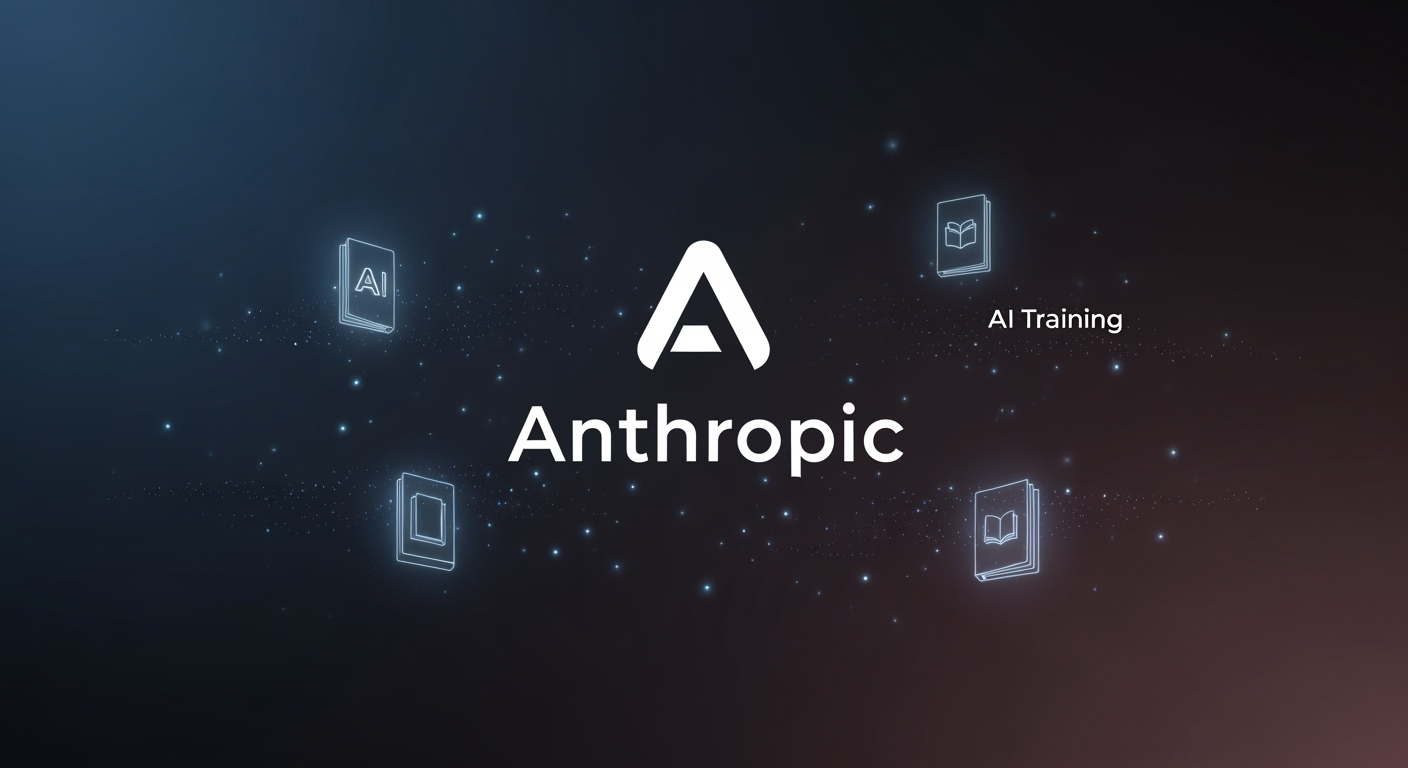Anthropic Resolves Lawsuit Over AI Training on Books With Authors

Anthropic Settles Lawsuit With Authors Over AI Book Training
AI research company Anthropic has reached a settlement in a class action lawsuit brought by a group of fiction and non-fiction authors regarding its use of books to train large language models. The settlement, announced in a recent filing with the Ninth Circuit Court of Appeals, concludes a high-profile legal battle that has drawn attention across the tech and publishing industries.
Background of the Case
The case, known as Bartz v. Anthropic, centered on whether Anthropic's use of copyrighted books—some of which were reportedly pirated—constituted fair use when developing its generative AI models. A lower court had previously issued a mixed ruling: it found that Anthropic's use of the books for AI training fell under fair use, but also noted that using pirated copies exposed the company to potential financial penalties.
Key Points From the Settlement
- Settlement Details Confidential: The terms of the agreement have not been disclosed to the public.
- Partial Victory for Anthropic: Before settling, Anthropic won a partial victory, with the court recognizing its use as fair under copyright law.
- Ongoing Legal Implications: The case highlights ongoing legal uncertainty about using copyrighted materials to train AI, particularly when source materials may have been obtained unlawfully.
What Comes Next?
While the settlement closes this particular lawsuit, it does not end the broader debate about how AI companies source their training data and the rights of content creators. Similar disputes are playing out globally as authors, artists, and AI developers seek clearer legal frameworks.
Anthropic previously stated, "We believe it’s clear that we acquired books for one purpose only — building large language models — and the court clearly held that use was fair." The company has not issued any further public comment since the settlement was reached.
Implications for Businesses and AI Development
For businesses leveraging AI, this case serves as a reminder to closely monitor how training data is sourced and to remain aware of evolving copyright laws. Companies operating in the AI space should prioritize transparency and legal compliance to avoid similar legal challenges.





